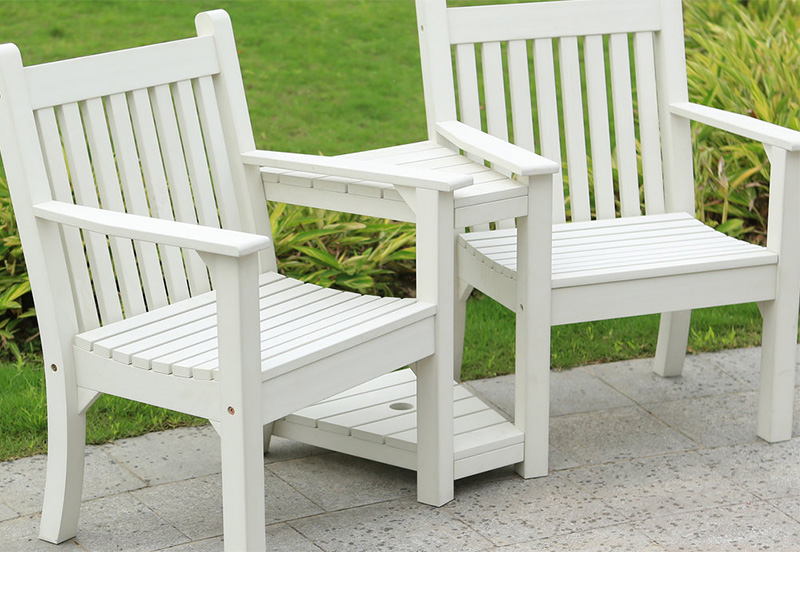Cashmere Clothing Quality Explained
Sometimes these grades will be included on the label, but sometimes not. Some less-scrupulous retailers may also grade them according to different criteria, passing off Grade B as Grade A for example. To ensure a quality product, you must know what to look for.
The Feeling Test
Tough the material. It should feel luxuriously soft, and not have any coarse fibres mixed in with the fine ones.
If cashmere fibres are not treated with proper techniques, or if low-quality chemicals or dyes have been used during the manufacturing process, the fabrics will become rough. Check for this especially with darker-coloured garments.
If you are quite new to buying and owning cashmere products, it is safer to stick with lighter-coloured garments at first. The fibres chosen for light-coloured products are often of better quality, and the dyes used are less harsh, so damage is less frequently inflicted during the production of lighter-coloured items.
The Stretching Test
Gently stretch the material by pinching two points and pulling them away from each other. Hold for a few seconds, then let go. The material should return to its original shape and show no deformity. If it pulls back into the original shape as if it hadn’t been stretched, then it’s a higher-end cashmere.
The Price Test
The ticket price for cashmere jumpers can vary a lot, from about £100 up to £500 is a normal range, even without the added cost of a designer’s name on it. If a cashmere item is extraordinarily cheap, ask yourself why that is.
In rare cases, a retailer may simply be clearing out room for new products, but this is seldom (never?) the case for cashmere – it’s simply too much in demand. More often, cheap cashmere is just that: cheap — grade C, poor processing, inferior design, perhaps.
Just as a very low price is a nearly-sure indicator of a sub-par product, a high price tag – from a reputable retailer – is a pretty good indicator of a superior one. You get what you pay for, and if you want the true value of a high-quality cashmere garment… it’ always worth paying that premium price.
Cashmere blends?
Cashmere is a great fibre, and it’s true that the presence of coarse outer hairs and other impurities can greatly diminish the quality of the resulting garments – but that doesn’t mean that blending cashmere with certain other fibres will not result in a great luxury product. In many cases, it can even take much of the sting out of the cost, without a notable drop in quality or comfort.
A 30%/70% cashmere/Merino blend, for example, results in a garment that is very nearly as soft as 100% cashmere but at a fraction of the cost. Likewise, a 10%/90% cashmere/cotton blend takes the durability of cotton and adds a luxe softness to it – creating a cashmere product that works as summer-wear.
Why choose a blend?
Not only does a skilful blend of cashmere with other suitable fibres drop the price down considerably, but it can also add some additional benefits.
Travels Very well
Any garment can be well-travelled, but few travel well. Cashmere is one of the few garments that can take being stuffed in a suitcase and still come out looking much as it did when first lifted from the drying surface after cleaning… this good look lasts all day, too.
Cool and Warm
Cashmere is a great insulator. Usually, we understand that to mean that it keeps us warm, but it can also keep us cooler and comfortable in spring. This is because it is not just a good insulator; it is also breathable, so your body heat and moisture can escape.
Good Strong Colours
Cashmere soaks in the dye, taking it into the core of the fibre, not just the surface. This means that colours stay true and rich for years.
References:
https://www.opptrends.com/why-you-need-to-have-cashmere-clothing/
https://link.springer.com/chapter/10.1007/978-3-642-29148-7_73
https://demotix.com/why-cashmere-is-the-right-choice-for-your-clothing-style/

